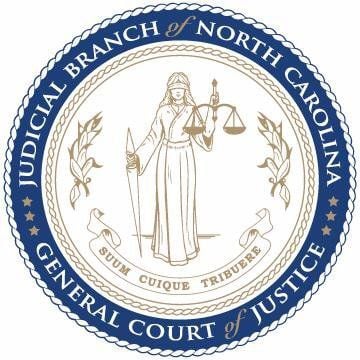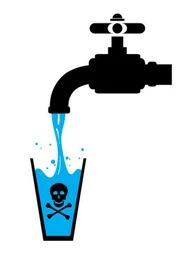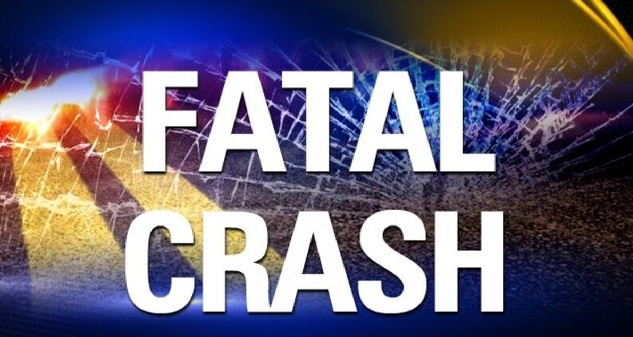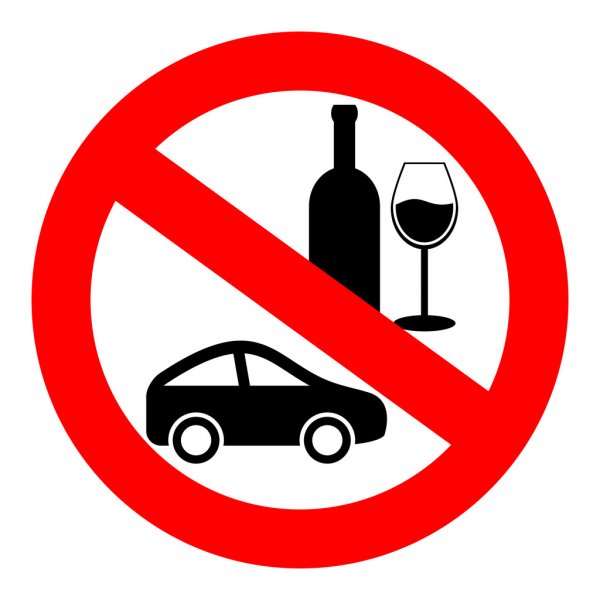Drug Treatment Court in New Hanover County
Friday, April 21st, 2023
Drug addiction is a serious problem that affects millions of people around the world. The use of drugs can have devastating effects on an individual’s life, leading to issues such as unemployment, financial instability, and even incarceration. In recent years, the United States has seen a rise in the number of drug addiction cases, particularly in North Carolina. To combat this issue, New Hanover County has established a Drug Treatment Court (DTC) to aid individuals who struggle with addiction and want to make a positive change in their lives.
The New Hanover County Drug Treatment Court was established in 1999 and has been in operation ever since. Its primary objective is to provide individuals who have been charged with drug-related offenses with an opportunity to receive treatment instead of facing incarceration. The court operates as a collaborative effort between the judiciary, law enforcement, and healthcare professionals to provide comprehensive treatment and support to individuals who have a drug addiction.
The Drug Treatment Court operates under a strict set of guidelines, which are designed to ensure that participants receive the best possible care and support. Participants are required to attend regular court sessions, undergo drug testing, and adhere to strict treatment protocols. The court also provides participants with access to a range of support services, such as counseling, job training, and housing assistance.
One of the key benefits of the Drug Treatment Court is that it provides participants with a sense of community and support. Addiction can be an isolating experience, and many individuals who struggle with drug addiction feel alone and unsupported. The court provides participants with access to a network of professionals and peers who are committed to their success. This sense of community can be a powerful motivator for individuals who are trying to overcome addiction.
Another benefit of the Drug Treatment Court is that it provides participants with an opportunity to avoid incarceration. Individuals who are convicted of drug-related offenses may face significant time in jail or prison. However, the Drug Treatment Court provides an alternative to incarceration by offering treatment and support instead. This not only benefits the individual but also the community at large, as it reduces the number of individuals who are incarcerated for drug-related offenses.
The Drug Treatment Court has been highly successful in achieving its objectives. Studies have shown that participants in the Drug Treatment Court have a significantly lower rate of recidivism than those who are incarcerated. This is due in part to the fact that the court provides participants with access to treatment and support, which can help them overcome their addiction and make positive changes in their lives.
In addition, the Drug Treatment Court has been shown to be cost-effective. Incarceration is an expensive proposition, and the cost of housing an inmate in jail or prison can quickly add up. By providing treatment and support instead of incarceration, the Drug Treatment Court can save the community money while also providing individuals with a path to recovery.
In conclusion, the New Hanover County Drug Treatment Court is an important resource for individuals who are struggling with drug addiction. By providing access to treatment and support, the court helps individuals overcome addiction and make positive changes in their lives. The court also provides a cost-effective alternative to incarceration, which benefits both the individual and the community at large. Overall, the Drug Treatment Court is a valuable tool in the fight against drug addiction, and it has the potential to make a significant impact in the lives of those who participate.
If you know someone with an addition problem with pending criminal charges in New Hanover County, give us a call at 910-793-9000 for a confidential consultation about how we can help.
By Jana H. Collins









